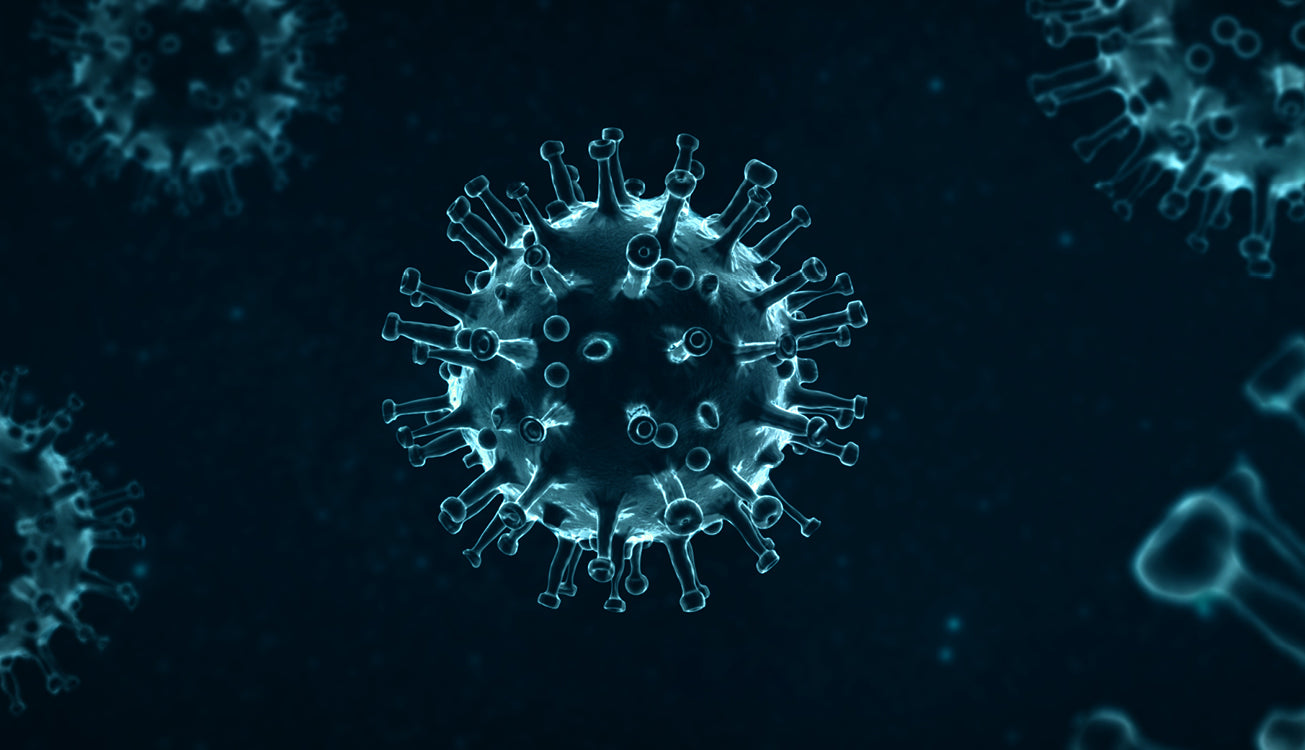
How Indoor Air Quality Affects COVID-19
2020 was a difficult year for many of us with the global pandemic. We are all ready to leave 2020 in the past! However, it is important to remember to continue to be safe and take precautions to protect yourself and others. In this blog, we highlight indoor air quality and humidity and it’s impact on COVID-19.
Indoor Air Quality
Indoor air quality refers to the quality of air within buildings and structures. Indoor air quality plays a significant role in our health and comfort. It is important to understand and control indoor humidity and pollutants.
Indoor Air Quality and COVID-19
According to the United States Environmental Protection Agency (EPA), COVID-19 is mostly spread through close contact from person-to-person. However, “evidence now confirms that this virus can remain airborne for longer times and further distances. [The] spread of COVID-19 may also occur via airborne particles in indoor environments, in some circumstances beyond the 2 m (about 6 ft) range encouraged by some social distancing recommendations”.
In addition, EPA recommends that the “type of heating, ventilation, and air conditioning (HVAC) system can all impact potential airborne spread of the virus. Although improvements to ventilation and air cleaning cannot on their own eliminate the risk of airborne transmission of the SARS-CoV-2 virus, EPA recommends increasing ventilation with outdoor air and air filtration as important components of a larger strategy that includes social distancing, wearing cloth face coverings or masks, surface cleaning and disinfecting, handwashing, and other precautions”.
What is Humidity?
Humidity refers to the relative moisture in the air, or the concentration of water vapor present in the air. Outdoor humidity depends on the weather, temperature, and climate that you live in. Indoor humidity can also depend on the season or climate, but is also effected by the heating and ventilation in your home.
You may not be able to control the humidity outside of your home, but you can control the humidity inside your home. To learn more about the importance of controlling the humidity level in your home, check out our blog on “The Top 6 Reasons to Control Indoor Humidity.”
How Humidity Affects COVID-19
Did you know that in addition to face masks, social distancing, and frequently sanitizing, the humidity levels in our homes are also another layer of protection against coronavirus? According to Harvard University, maintaining a relative indoor humidity level of 40%-60% can help slow the spread of COVID-19 in 3 different ways:
- Increased humidity can help our body’s ability to fight off infection
- The virus breaks down faster at 60% relative humidity than at other levels
- Dry air can cause a higher number of tiny virus particles to travel farther and infiltrate deeper into our lungs
Can Humidifiers Help to Fight Against Coronavirus?
Humidifiers can help maintain the indoor humidity levels in your home between 40%-60%. According to Harvard University, “portable humidifiers can easily increase the relative humidity in homes, where coronavirus transmission frequently occurs”.
Humidifiers can also bring more health benefits such as treating dry skin, itchy eyes, congestion; relieving cold, flu, and allergy symptoms; and improving sleep. To read more about the benefits of a humidifier, check out our blog on the “10 Benefits of a Humidifier.”
Can Air Purifiers Help to Fight Against Coronavirus?
Most air purifiers include HEPA Filters and a UV light. A true HEPA filter has been designed to capture 99.97% of airborne allergens as small as 0.3 microns, while a UV light helps kill viruses, bacteria, and germs.
According to the University of Texas, “the coronavirus is at the lower end of a HEPA filter’s range. [Therefore], it might not be 100% effective on a single pass. But if a HEPA system is run over a period of time, it can take out a big chunk of viruses — somewhere in the high ninetieth percentile (99.94 to 99.97%). And long enough exposure to the UV light in an air purifying device can disable some viruses, including COVID-19”.
Can UV Light Help to Fight Against Coronavirus?
UV light has been used to kill germs like bacteria and viruses. According to Healthline, there are several types of UV light. However, UVC light is “is the type of UV light that’s most effective at killing germs. It can be used to disinfect surfaces, air, and liquids”. UVC light can be used to kill the new coronavirus, SARS-CoV-2.
According to a study conducted by the American Journal of Infection Control (AJIC), UVC light reduced the live coronavirus by 99.7 percent in 30 seconds.
Please note that Perfect Aire products have not been clinically tested or proven to kill the COVID-19 virus.
